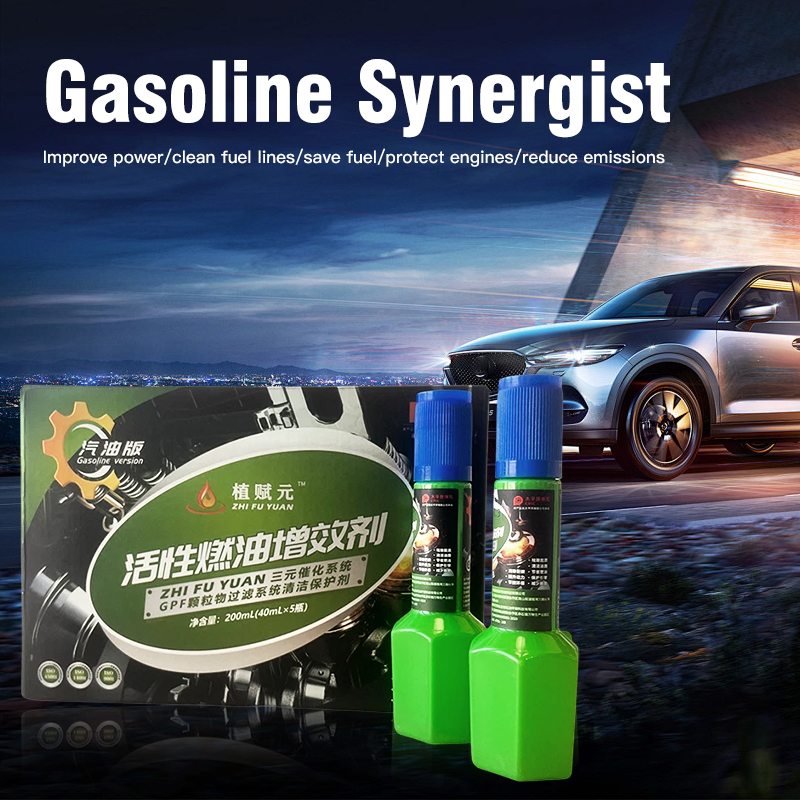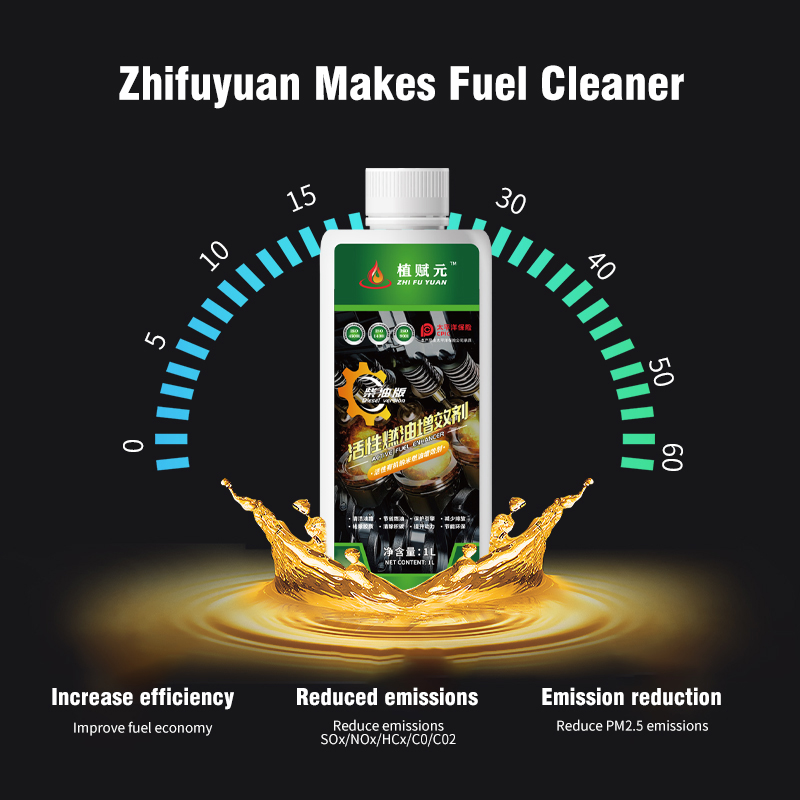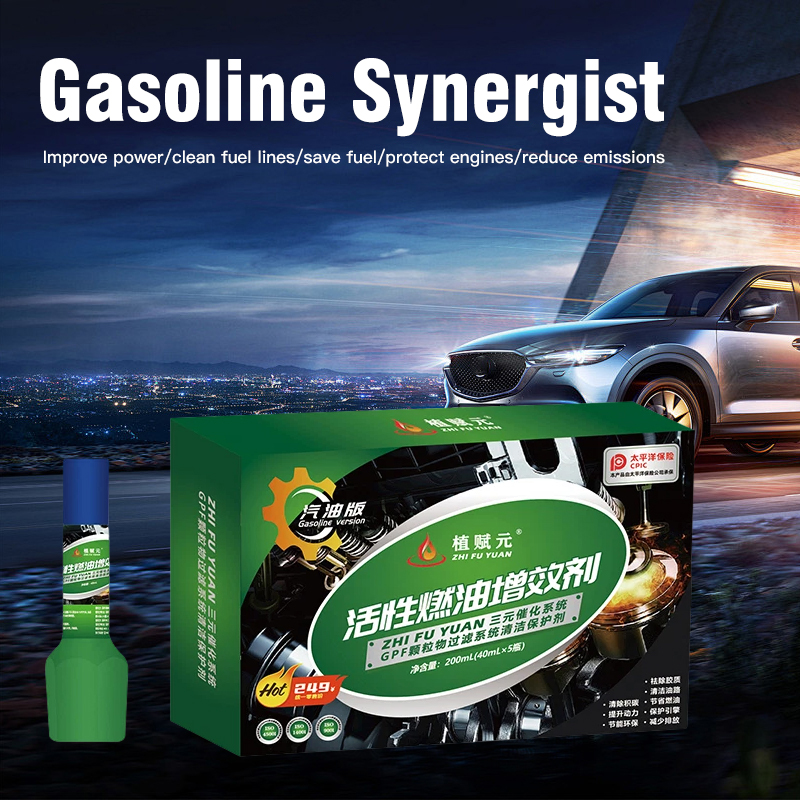Diesel Fuel Enhancer effectively alleviates this critical wear problem and extends the service life of the common rail system through three mechanisms: improving fuel lubricity, cleaning the fuel supply path, and optimizing the combustion environment.
- 0086-755-23774407
- ngi@qhwws.com
- 2601-101A, Hanguo City Commercial Center, No.3031, Shennan Middle Road, Funan Community, Futian Street, Futian District, Shenzhen City, Guangdong Provinc







